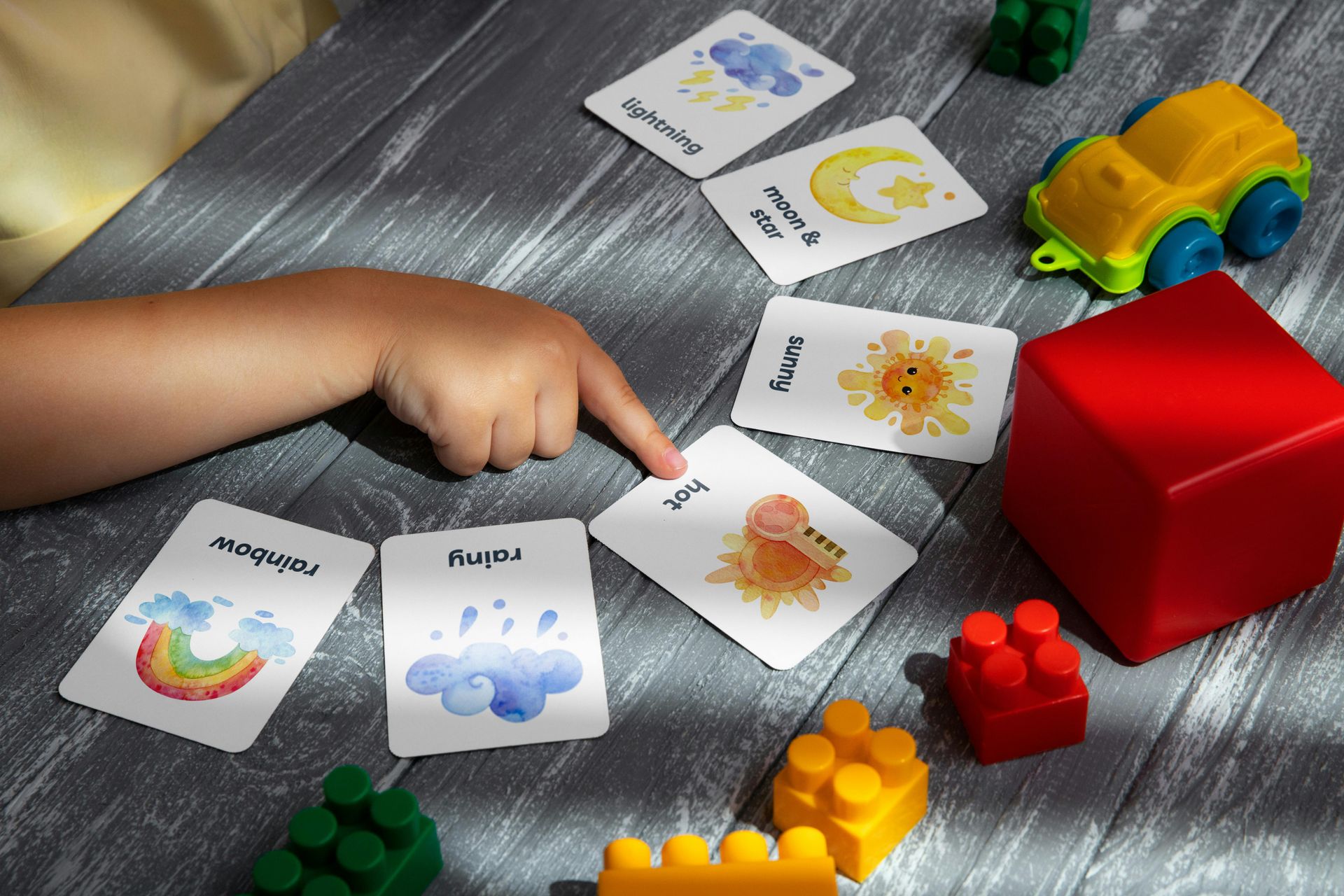Can Autism be Observed in Babies?
Can Autism be Observed in Babies?

The complex developmental condition known as autism spectrum disorder, or ASD, ranges from mild to severe and it features a wide range of symptoms as a result. Experts agree that the earliest autism can be accurately and formally diagnosed is somewhere between the ages of 18 and 24 months. However, it is possible for signs and symptoms of autism to present sooner. Some parents report seeing suspected signs as early as six months.
One reason it is difficult to pinpoint an early diagnosis of autism is that babies with developmental delays often “catch up”—so to speak—to their peers by two years of
age. Parents are encouraged to watch for warning signs of ASD and advocate for their children as early as they see fit. Research links early diagnosis and timely treatment to
best outcomes.
When watching for potential warning signs, parents should keep in mind that children are expected to develop differently. It is important to consider multiple areas of development—such as physical, verbal, and social—instead of hyperfocusing on just one area.
Here are a variety of early red flags to keep an eye on:
Six Months Babies:
- Minimal facial expressions
- Limited or no eye contact
- Doesn’t smile
Twelve Months Babies:
- Does not respond to their own name
- Doesn’t babble
- Lack of pointing, waving, or back-and-forth engagement
Eighteen Months Babies:
- Speaks very few words; no two-word phrases
- Distressed by disrupted routine
- Adverse reaction to sensory stimulation (sounds, lights, textures, etc.)
- Arm-flapping or similar repetitive movements
- Prefers solo play
- Lining up objects such as toys
- Limited eye contact
In addition, toddlers should be watched for regression of previously attained skills. Approximately 25% of children with autism demonstrate some loss of language skills. A
child who had been consistently using a handful of words who then stops speaking altogether should be watched closely for other signs of autism. Likewise, if other forms
of communication cease, including crying or gestures, this could be an early sign of autism. Other skills that could suffer regression include motor skills such as feeding or
dressing oneself. Social skills, such as making eye contact, could be present at one point and then fade away over time.
Any of these regressing skills or other signs of ASD could be cause for concern and should be discussed with your child’s pediatrician. Once again, remember that when it comes to autism early detection, diagnosis, and intervention are critical for the best outcomes overall.
Positive Reinforcement provides in home ABA therapy services to Richmond Virginia, Somerset Kentucky and surrounding areas










